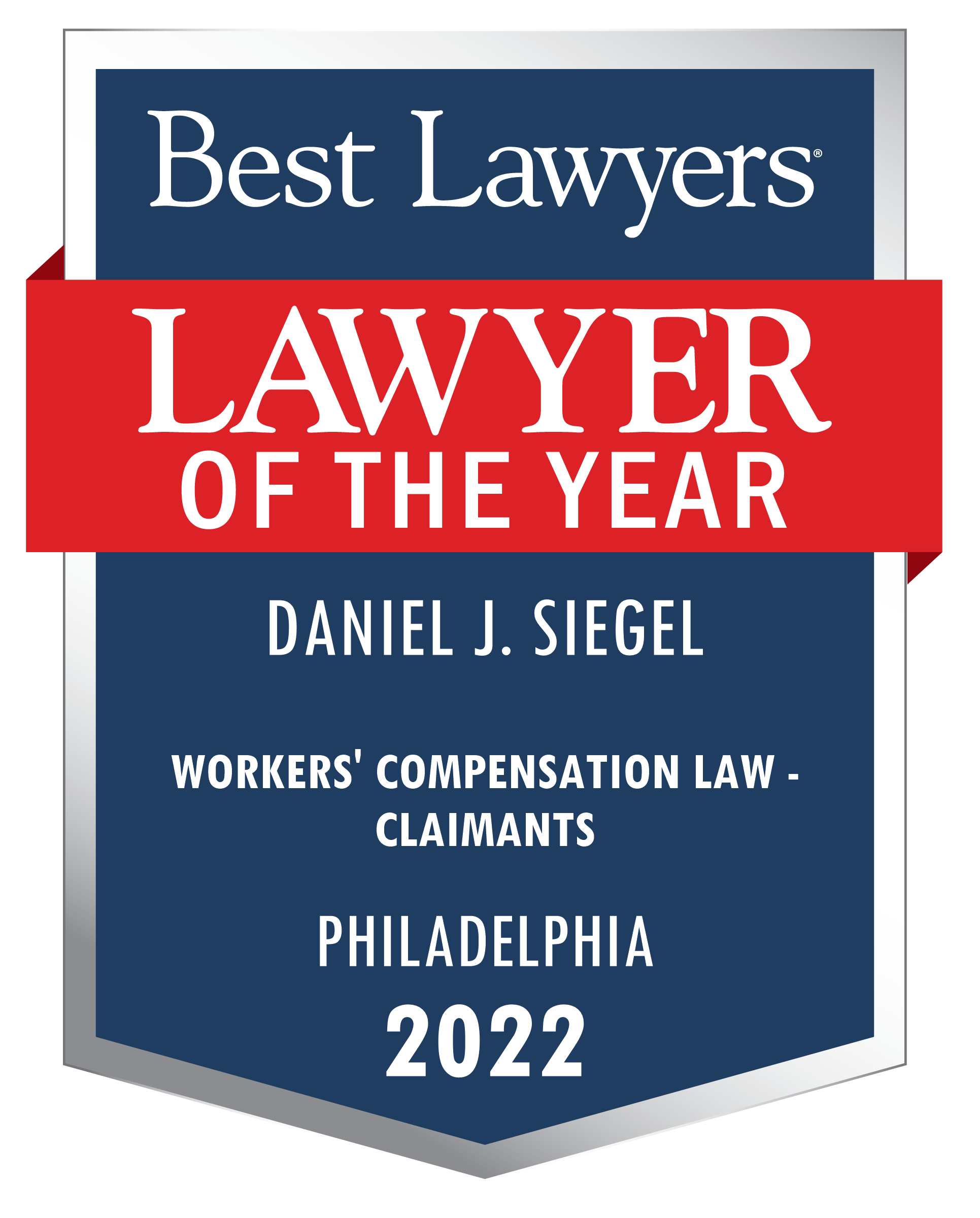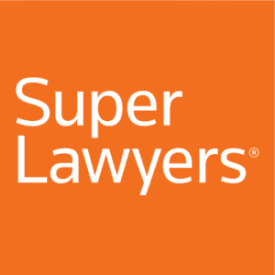May I instruct the witness not to answer?
Even seasoned attorneys sometimes struggle with whether a communication is privileged or protected by the work product doctrine. Whatever the attorney decides can have significant implications in discovery and the trajectory of a case.
In Cohen v. Ellwood Crankshaft and Machine Co., No. 11212 C.A. 2016 (Pa. Ct. Comm. Pl. Lawrence Cnty. Aug. 29, 2019), the trial court denied a motion to compel a witness to answer questions that called for privileged information. Plaintiff had alleged a claim for premises liability against the property owner (Ellwood) because he was injured at work. Ellwood then filed a third-party complaint against Plaintiff’s employer (Mascaro) seeking indemnification based on their contract. During the deposition of Mascaro’s corporate designee, who was its corporate counsel, Ellwood’s attorney asked questions regarding the applicability and enforceability of the indemnification clause. The designee answered questions concerning the factual basis for the denial of indemnification, but Mascaro’s attorney instructed the witness not to answer questions concerning the legal basis for the denial, arguing the questions called for “mental impressions or opinions concerning the ultimate legal issues of this case.”
The trial court agreed with Mascaro that the questions sought “conclusions and opinions regarding an issue of law that will ultimately be decided by the Court,” and therefore are protected by Pa. R. Civ. P. 4003.3. Rather, such questions would only be proper in actions for malicious prosecution or abuse of process.
The applicability of the attorney-client privilege and work product doctrine is fraught with serious implications. Our office regularly assists attorneys encountering these and other difficult questions, and can assist at any point in the litigation. Just give us a call at (610) 446-3457.







